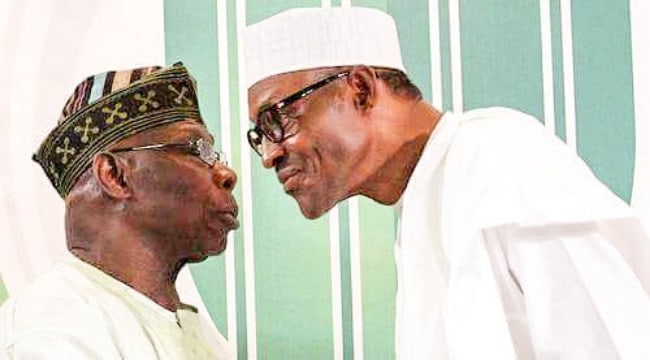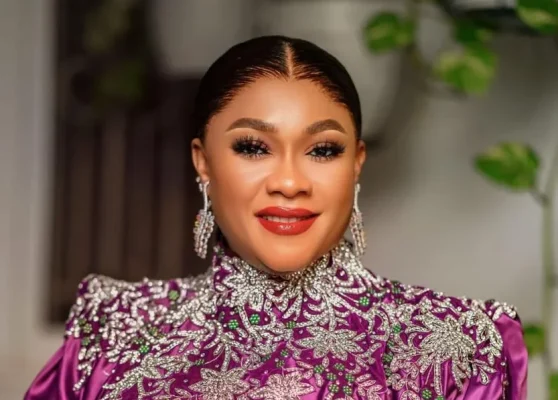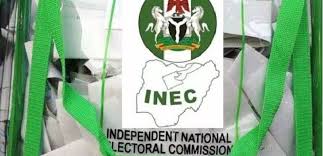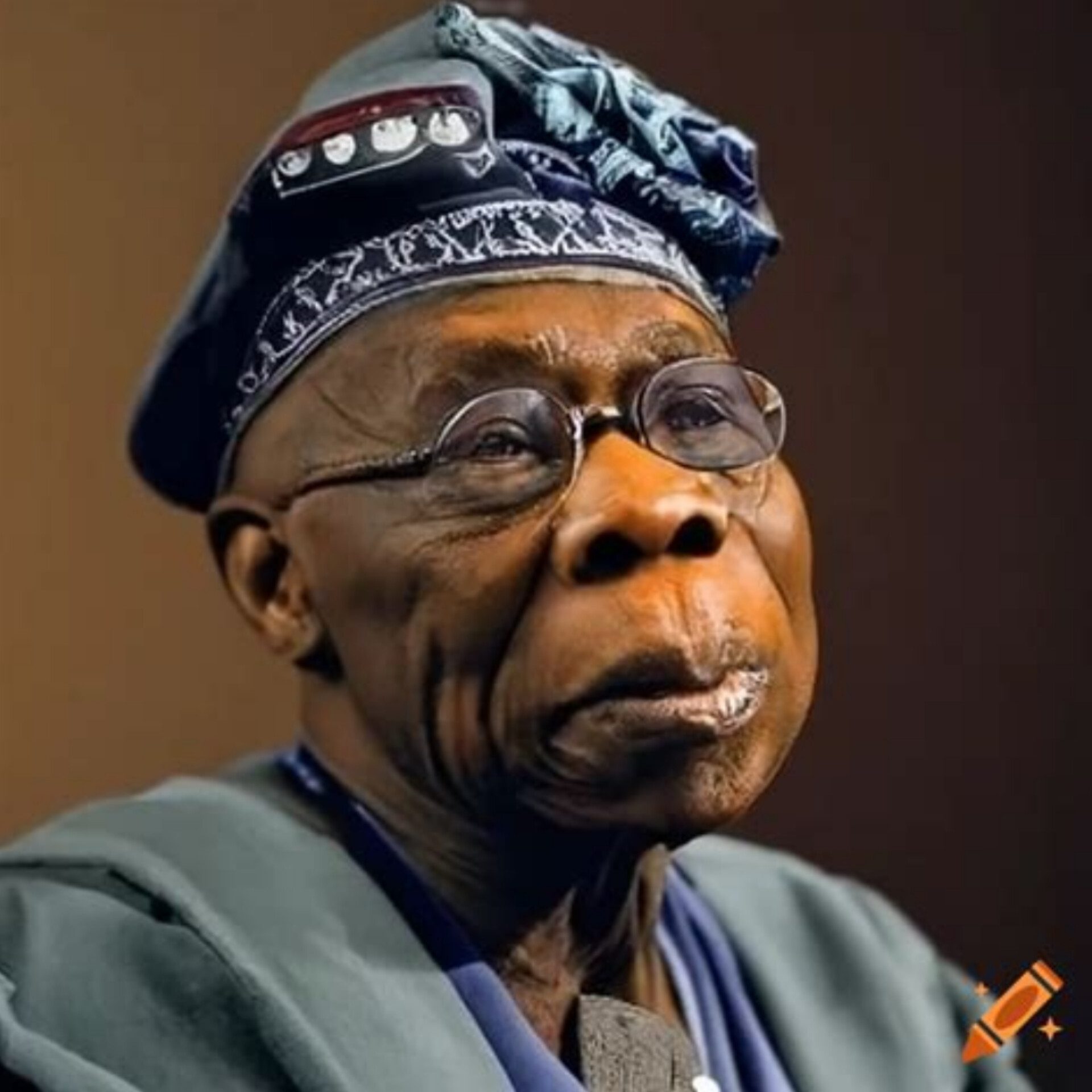***Did Nigeria Unknowingly Admit Guilt at the ICC?
The long-standing legal battle over the $6 billion Mambilla Power Project has taken a dramatic turn as former Presidents Olusegun Obasanjo and Muhammadu Buhari gave conflicting testimonies before the International Chamber of Commerce (ICC) Court of Arbitration in Paris.
Their contrasting accounts have raised serious questions about Nigeria’s defense strategy in the case, potentially jeopardizing the country’s chances of avoiding a hefty $2.3 billion compensation claim by Sunrise Power and Transmission Company.
Testifying on January 22, 2025, Obasanjo outrightly dismissed the legitimacy of the 2003 contract, arguing that it was illegally signed by the then Minister of Power, Olu Agunloye, despite the Federal Executive Council (FEC) rejecting it.
“The agreement relied on by Sunrise Power was never valid. A minister cannot single-handedly approve a contract after the Federal Executive Council had rejected it,” Obasanjo declared.
He insisted that a minister has no executive power to award such a high-value contract without presidential or FEC approval, implying that Sunrise Power’s claim is baseless.
However, Buhari’s testimony on January 23, 2025, provided a starkly different narrative—one that many believe undermined Nigeria’s defense.
When questioned, Buhari admitted that his administration had recognized and engaged with Sunrise Power over the contract.
“I directed the Attorney General, Abubakar Malami (SAN), and the Minister of Works and Power, Babatunde Fashola (SAN), to negotiate with Sunrise Power,” he stated.
His words contradict Obasanjo’s stance that the contract was invalid from the outset. By acknowledging negotiations, Buhari inadvertently strengthened Sunrise Power’s claim, suggesting that successive administrations recognized the contract, even if it was initially disputed.

Buhari also made a controversial statement, hinting that Nigeria—not Sunrise Power—was the extortionist in the dispute, a remark that further weakened the government’s position.
The contradictory testimonies have put Nigeria’s legal team in a difficult position. If Buhari’s admission is considered valid, it could be interpreted as an official acknowledgment of the contract’s legitimacy, making it harder for Nigeria to argue against paying the $2.3 billion compensation.
Meanwhile, Olu Agunloye, the minister accused of wrongfully awarding the contract, is currently facing trial in Nigeria for forgery, corruption, and abuse of office.
He has denied the allegations, arguing that he is being used as a scapegoat to discredit Sunrise Power’s claim.
With the case nearing its final stages at the ICC, legal experts believe Nigeria faces an uphill battle in proving its innocence. The conflicting testimonies from two former Presidents could be a major setback, as the arbitration panel may now question the credibility of Nigeria’s defense.
As the stakes remain high, observers are left wondering: Did Nigeria just lose its best chance to avoid a multi-billion-dollar payout?



